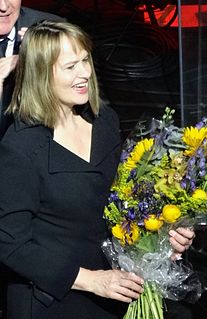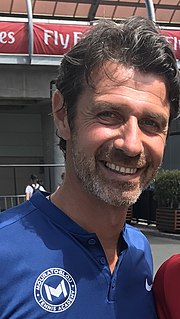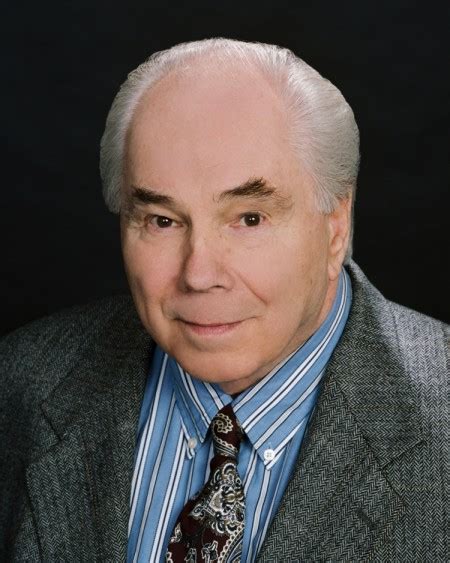A Quote by Krzysztof Penderecki
All I'm interested in is liberating sound beyond all tradition.
Quote Topics
Related Quotes
If you filter my words through any tradition or '-ism', you will miss altogether what I am saying. The liberating truth is not static; it is alive. It cannot be put into concepts and be understood by the mind. The truth lies beyond all forms of conceptual fundamentalism. What you are is the beyond—awake and present, here and now already. I am simply helping you to realize that.
When tradition is thought to state the way things really are, it becomes the director and judge of our lives; we are, in effect, imprisoned by it. On the other hand, tradition can be understood as a pointer to that which is beyond tradition: the sacred. Then it functions not as a prison but as a lens.
I'm very interested in vertical space.I want the players to listen to their sound in such a way that they hear the complete sound they make before they make another one. So that means that they hear the tail of the sound. Because of the reverberation, there's always more to the sound than just the sound.
I was interested in theatre, and the only experience that I had in high school was as an actor. But when I got in Conservatoire, my teachers would give me a lot of flack because I wasn't rehearsing my lines; I'd be doing stage management. I was interested in sound. I was interested in architecture. I was interested in every aspect of theatre.







































